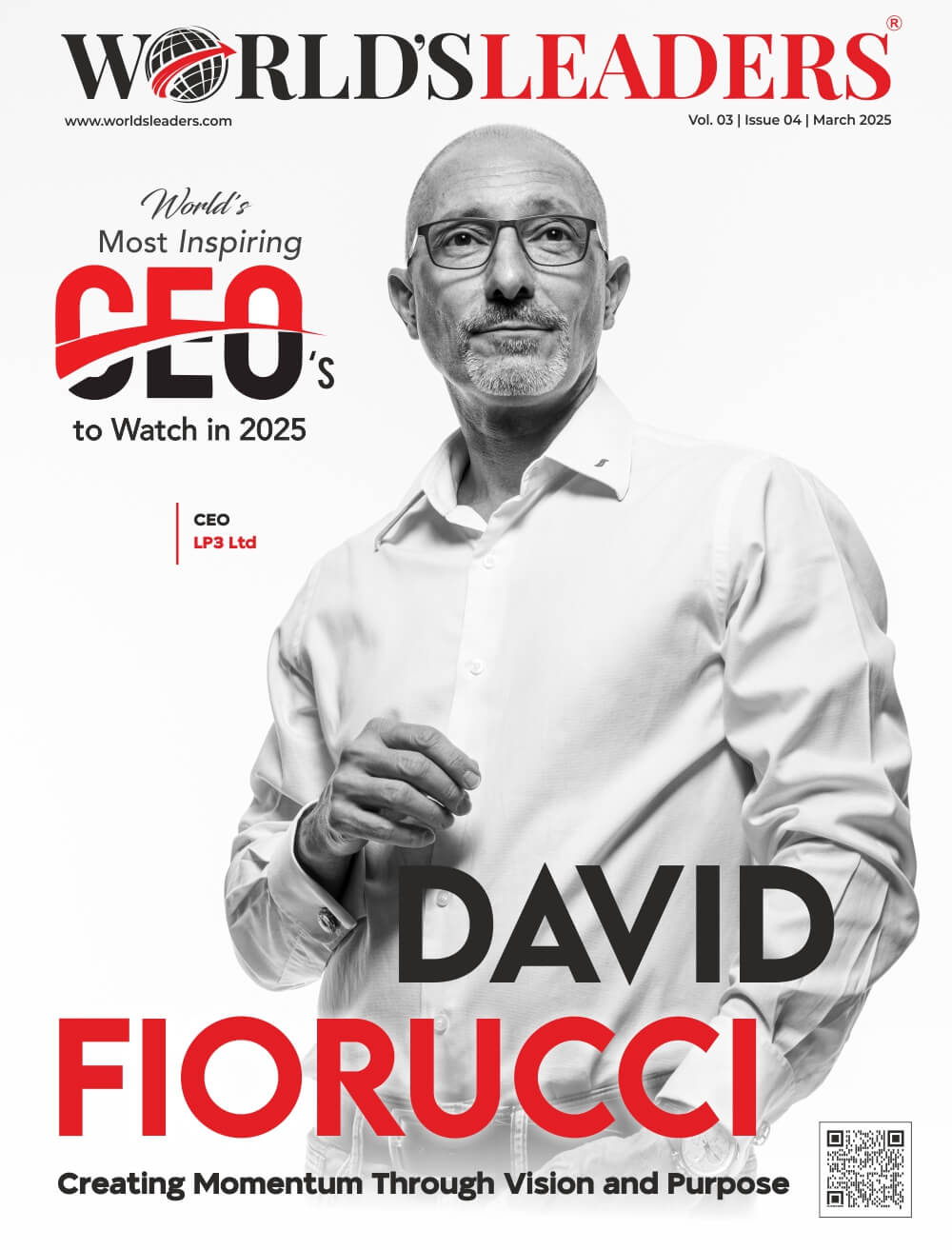Engineering is an interesting area with many different options, and it has an influence on everything in our daily lives with unlimited potential and challenges. It is continually in need of fresh innovative minds to tackle both present and forthcoming issues in the contemporary world.
The need for developing technologies, as well as the technical improvements being made on a daily basis, makes engineering a viable and ever-changing professional option. Technological advancements will necessitate more in the future, implying a growth in the demand for various sorts of engineers. Significant advances are on the horizon in a variety of areas, including energy, medical, and transportation, and engineering will play a critical role in reinventing these industries.
Realizing that critical challenges of increasing complexity must be addressed in the field of microengineering and that systems that can self-assemble, self-regulate, and self-structure will have a major impact on future technologies, Pola Goldberg Oppenheimer has pioneered a highly successful approach to unconventional nanostructuring and opened novel means to build-up applied materials. Pola Goldberg Oppenheimer is a Professor of Micro-Engineering and Bio-Nanotechnology in the School of Chemical Engineering and the Healthcare Technologies Institute, as well as a Royal Academy of Engineering Research Fellow.
She has a large international collaborative network and partnerships with industry, such as BAE-Systems, P & G, and Dstl, while leading highly interdisciplinary research with unique discoveries that have introduced innovative concepts in lithographically building-up applied chemical systems that have influenced the work of many research groups worldwide.
Professor Oppenheimer is the director of an interdisciplinary research group at the University of Birmingham, where she collaborates closely with clinical teams at the Queen Elizabeth Hospital and Birmingham Enterprise, the University’s technology transfer specialists. Her group’s research aims to push the boundaries of micro to nanomaterials engineering by bridging the gap between nano-to-macroscopic-level understanding and implementations of novel hybrid and nanocomposite materials and submicron structures for miniaturised functional devices for advanced healthcare applications. Professor Oppenheimer is working on cutting-edge engineering solutions to critical medical issues.
Professor Oppenheimer’s research interests include the formation of nano and submicron structures at surfaces and in thin films (please see the ANMSA group website: Advanced Nano-Materials, Structures, and Applications), as well as the potential use of hierarchical electrohydrodynamically generated functional structures to develop novel polymer-based nano-detection devices. She brings extensive experience in creating and aligning a wide range of nanostructures in polymers, carbon nanotube-based nanocomposites, crystalline materials, and a shared interest in biometrics, including the use of polymers with 10 nm morphologies as templates to create inorganic functional devices.
Recognition of Excellence
Professor Oppenheimer received her PhD in Physics from the University of Cambridge in 2012, along with scientific honours. In 2013, she was chosen as a highly competitive Birmingham Fellow at the University of Birmingham. Numerous honours, esteem marks, elevation to Professor in Microengineering and Bio-nanotechnology, and the very distinguished Royal Academy of Engineering (RAEng) Fellowship have recognised the significance of her revolutionary scientific achievements and international stature.
Her research is recognised as world-leading, as evidenced by her publications, which have all been published in high-quality, prestigious journals (e.g., Advanced Materials, Nature Biomedical Engineering), and her high demand to lecture at the world’s most prestigious conferences (48+ keynote/invited addresses). She has more than 75 independent publications and routinely produces scientifically rigorous work in peer-reviewed journals. She authored a book, ten book chapters, and filed four patents. The importance of her exciting scientific discoveries and the transformative nature of her research have been recognised with over £18M in funding portfolio and the highly prestigious RAEng Fellowship, as well as being featured in many press-releases, BBC news, and radio interviews and selected for Case Studies, commissioned by the EPSRC and the RAEng.
She has been the recipient of several prestigious awards and markers of esteem at national and international level, including the, RAEng Prize, WomenTech100, and Carl-Zeiss Awards. She was an envoy in the House of Commons Science & Technology Committee at the ‘Voice of the Future’ with government Ministers of State for Science, Research, and Innovation, featured in the ‘Birmingham Heroes in Healthcare Technologies’ Campaign, and selected for the ‘Parliamentary Engineering Group’ at the House of Lords.
Revolutionizing the Field of Intelligent Nanostructuring
Professor Oppenheimer pioneered Electrohydrodynamic Lithography, which opened up a new avenue of research in intelligent nanostructuring of materials for practical devices in Chemical Engineering. She discovered that creating interfacial instabilities in homogeneous nano-films with an electric field provides tuneable nanostructures at the atomic level. While instabilities are undesirable in nature, she has shown in an unusual way that they can be harnessed to form morphologies by carefully manipulating the nano-capacitive interface, altering the characteristics of numerous applicable materials. She has since achieved simultaneous patterning of multilayer material systems, resulting in hierarchical nanoarchitectures with unique functions, and she has produced new composite nanostructured materials with outstanding synthetic adherence to rough surfaces and superhydrophobicity. Her recent invention of a smart nanoplasmonic-optofluidic gadget prepared the path for tackling the most pressing issues related to the timely identification of traumatic brain damage (TBI). TBI, a primary cause of morbidity and mortality across the world, is notoriously difficult to detect at the point of treatment, resulting in a poor prognosis, reduced brain function, and death. Her innovative research programme, which is based on fundamental chemical principles for controlling electrostatic nano-forces, has had a significant socioeconomic impact by developing optofluidic nanoengineered gold-architectured substrates for sensitive, label-free spectroscopic detection of trace-level concentrations of TBI-biomarkers in blood, enabling rapid diagnostics at the point-of-care leading to the possibility of saving many lives.
Director of Engineering & Physical Sciences College Graduate School
Professor Oppenheimer, as the Director of the College Graduate School, is responsible for leading and managing all matters relating to the postgraduate research student experience in the College of Engineering and Physical Sciences at the University of Birmingham, with exposure at the college and University levels in a key area of the College’s business. Her responsibilities include acting as a conduit for PGR matters/data between the University Graduate School Management Board and the EPS Schools, coordinating college responses to consultations and requests for information, proposing changes to training needs analysis, reporting on the business of the College Graduate School Committee to the College Research and Knowledge Transfer Committee, the College Education Committee, and the College Equality, Diversity, and Inclusion Committee, as appropriate, Leading the submission of the Doctoral Training Account annual report to research councils, as well as other similar reports to other external funders of PGRs, coordinating PGR recruitment and monitoring and reporting PGR admissions to the college, Liaising with schools and the relevant university units on PGR induction, training, monitoring, mentoring and supervision, liaising with the College Director of Education on relevant issues, such as PGR training, DTC/EngD applications for programme approval, etc.
Through the postgraduate students, Professor Oppenheimer aims to bring a fresh perspective and help the university grow through the talent development of the professors. She is passionate about the postgraduate research student experience and aspires to make a positive contribution by engaging collaboratively with colleagues and relevant university processes to continuously improve this experience.
Sharing Thoughts on Women’s Empowerment
According to research, organisations with more women in leadership roles are more lucrative, socially responsible, and deliver safer, higher-quality experiences, among other advantages. Women executives do well in leadership roles because “they challenge more, have more discussion and debate, and that leads to better decision-making.” When women become leaders, they bring with them a unique mix of abilities, creative views, and, most crucially, structural and cultural distinctions that drive effective solutions. A new level of awareness will emerge as a result of bringing a creative perspective to explore the tiny aspects that may go unnoticed by the naked eye. Professor Oppenheimer feels that women may contribute a fresh viewpoint to the field of engineering. She says, “If you are enthusiastic about it, go for it. It will be challenging, exciting, and very rewarding.”
Professor Oppenheimer has always thought that if she works hard and is enthusiastic and passionate about her work, she would advance in her career regardless of gender disparities, and this has shown to be true. As a female leader, she is encouraging and supervises more female PhD students and postgraduate researchers pursuing demanding but rewarding academic careers in the broad subject of engineering, inspiring the next generation of leaders.
Improving as a Leader and Mentor
As a leader, Professor Oppenheimer is constantly honing her problem-solving abilities, improving her communication skills, her ability to work with and delegate to successful teams, gaining global knowledge, a solid understanding of the impact of sustainability on innovation, and technical expertise to create future-proof products and services. Furthermore, she feels that having the capacity to overcome obstacles and remain resilient in any scenario, as well as taking the time to improve her emotional intelligence is the key to being a stronger leader and colleague.
Professor Oppenheimer believes that learning how to offer and receive appropriate feedback is essential for growing as a manager and educator. Her facilitation of two-way feedback among her team members is another critical aspect in her development as a successful and professional leader. She asserts, “I encourage feedback, positive traits, and opportunities for improvement via an open dialogue and establishing trust.”
According to Professor Oppenheimer, a leader’s role is to push forward, and strong leaders should always be thinking about how to make tomorrow more efficient and productive than today, as exemplified by Elon Musk’s vision of the future. She says, “If a leader is not focused on the future and demonstrating a clear plan for how to continuously improve, progress is unlikely to happen. The best leaders take accountability when things go wrong and give credit to others when things go right. This motivates a workforce to succeed.”





